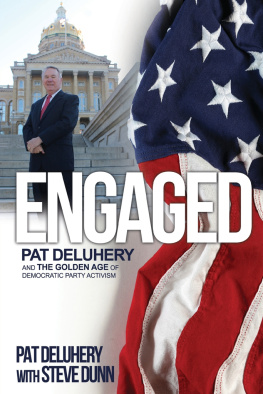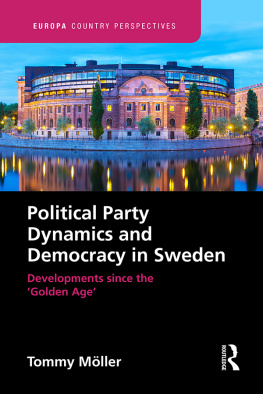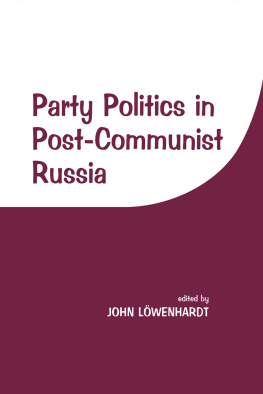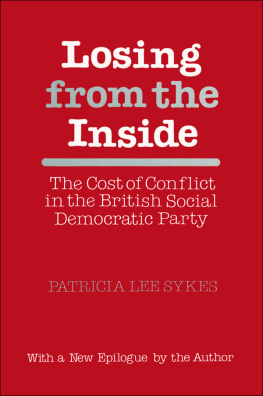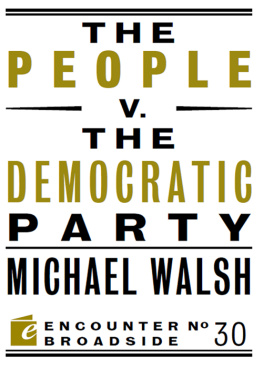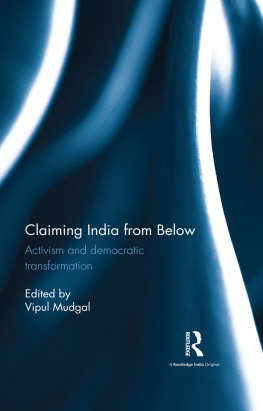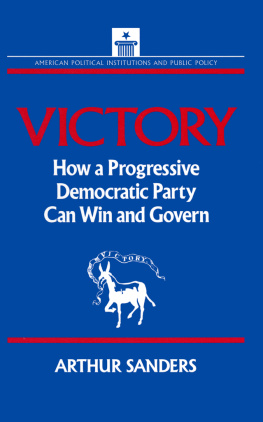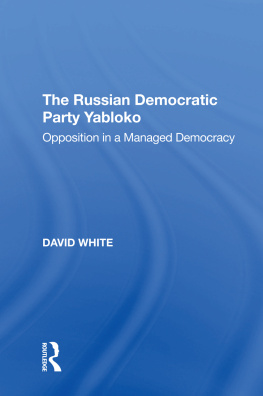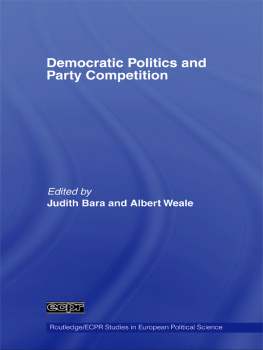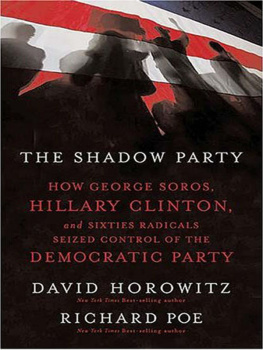Pat Deluhery - Engaged: Pat Deluhery and the Golden Age of Democratic Party Activism
Here you can read online Pat Deluhery - Engaged: Pat Deluhery and the Golden Age of Democratic Party Activism full text of the book (entire story) in english for free. Download pdf and epub, get meaning, cover and reviews about this ebook. year: 2020, publisher: Pat Deluhery, genre: Politics. Description of the work, (preface) as well as reviews are available. Best literature library LitArk.com created for fans of good reading and offers a wide selection of genres:
Romance novel
Science fiction
Adventure
Detective
Science
History
Home and family
Prose
Art
Politics
Computer
Non-fiction
Religion
Business
Children
Humor
Choose a favorite category and find really read worthwhile books. Enjoy immersion in the world of imagination, feel the emotions of the characters or learn something new for yourself, make an fascinating discovery.
- Book:Engaged: Pat Deluhery and the Golden Age of Democratic Party Activism
- Author:
- Publisher:Pat Deluhery
- Genre:
- Year:2020
- Rating:5 / 5
- Favourites:Add to favourites
- Your mark:
- 100
- 1
- 2
- 3
- 4
- 5
Engaged: Pat Deluhery and the Golden Age of Democratic Party Activism: summary, description and annotation
We offer to read an annotation, description, summary or preface (depends on what the author of the book "Engaged: Pat Deluhery and the Golden Age of Democratic Party Activism" wrote himself). If you haven't found the necessary information about the book — write in the comments, we will try to find it.
Pat Deluhery: author's other books
Who wrote Engaged: Pat Deluhery and the Golden Age of Democratic Party Activism? Find out the surname, the name of the author of the book and a list of all author's works by series.
Engaged: Pat Deluhery and the Golden Age of Democratic Party Activism — read online for free the complete book (whole text) full work
Below is the text of the book, divided by pages. System saving the place of the last page read, allows you to conveniently read the book "Engaged: Pat Deluhery and the Golden Age of Democratic Party Activism" online for free, without having to search again every time where you left off. Put a bookmark, and you can go to the page where you finished reading at any time.
Font size:
Interval:
Bookmark:

TIMELINE
| 1942 | January 31, 1942: Born in Birmingham, Alabama to Frank and Lucille (Donovan) Deluhery. |
| 1945 | 1945: Moves to Donovan family farm near Bernard, Iowa with family. |
| 1947 | 1947: Moves to Davenport, Iowa with family. |
| 1956 | 1956: Finishes elementary school at St. Paul the Apostle in Davenport. |
| 1960 | 1960: Graduates from Davenport Assumption High School in Davenport. |
| 1964 | 1964: Graduates with honors from the University of Notre Dame in South Bend, Indiana. |
| 1967 | 1967: Graduates with honors from London School of Economics in London, England. |
| August 1967 to May 1968: Economics instructor at St. Ambrose College in Davenport. | |
| 1968 | May 25, 1968: Begins working for Iowa Gov. Harold Hughes campaign for U.S. Senate. |
| 1969 | January 1969 to 1975: Works as legislative assistant in Hughes Senate office in Washington, D.C. |
| 1973 | 1973: Marries Margaret (Mardi) Morris in Washington, D.C. |
| 1975 | January to July 1975: Works for U.S. Sen. John Culver of Iowa in Washington, D.C. and then rejoins St. Ambrose University as an assistant professor of economics and business administration. |
| 1978 | November 7, 1978: Elected to Iowa Senate from a Scott County, Iowa district; continues teaching economics and business during the summer session and fall semester through 2001. |
| 2002 | December 2002: Resigns from Iowa Senate after unsuccessful run for statewide office in November 2002. |
| 2007 | 2007: Retires from the executive branch of Iowa state government. |
| 2019 | 2019: Writes memoirs with retired journalist Steve Dunn of Des Moines. |
Font size:
Interval:
Bookmark:
Similar books «Engaged: Pat Deluhery and the Golden Age of Democratic Party Activism»
Look at similar books to Engaged: Pat Deluhery and the Golden Age of Democratic Party Activism. We have selected literature similar in name and meaning in the hope of providing readers with more options to find new, interesting, not yet read works.
Discussion, reviews of the book Engaged: Pat Deluhery and the Golden Age of Democratic Party Activism and just readers' own opinions. Leave your comments, write what you think about the work, its meaning or the main characters. Specify what exactly you liked and what you didn't like, and why you think so.

